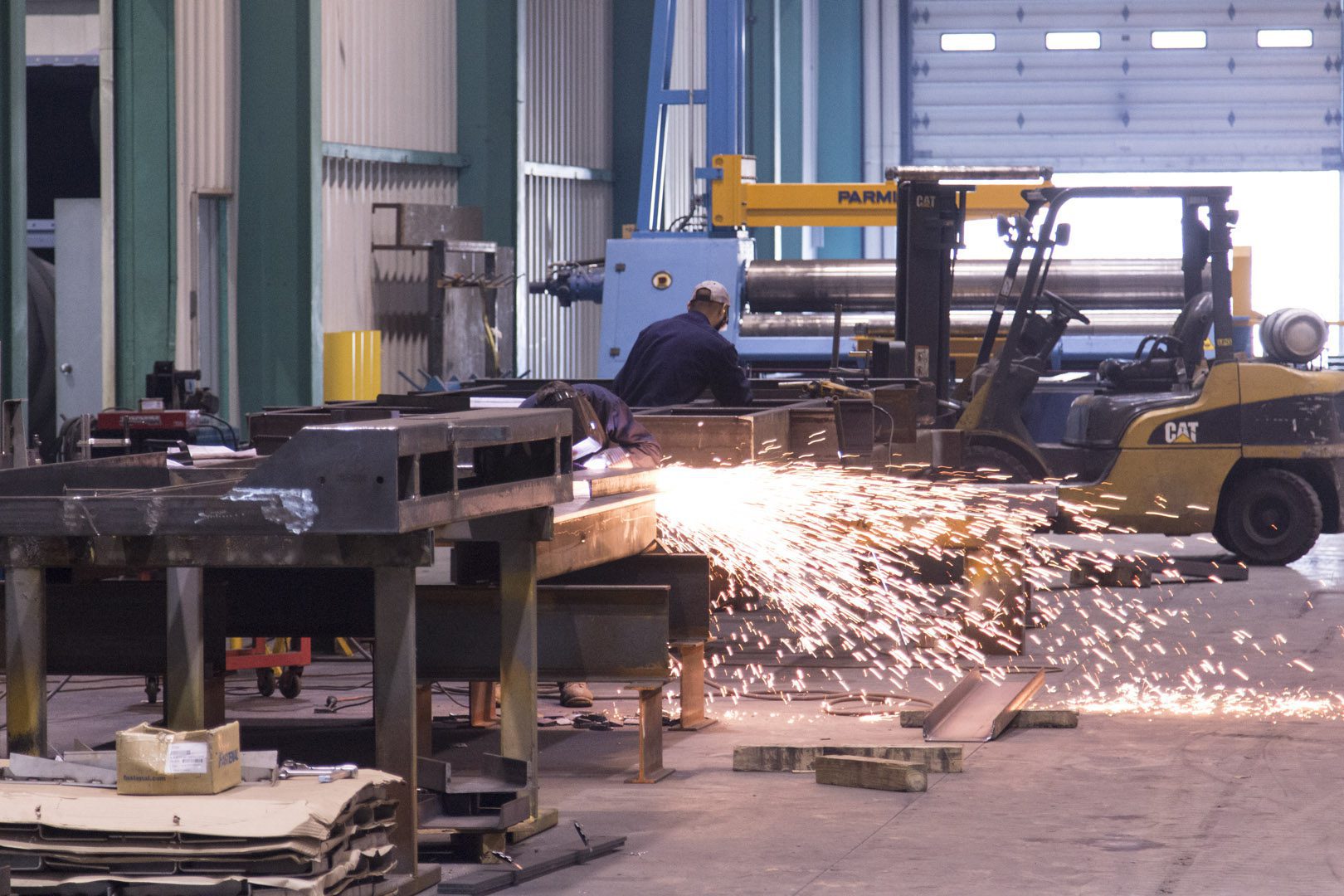Why ISO Certification is Important
The International Organization for Standardization develops specifications for products, services, systems, and procedures by which they can measure their level of excellence. The ISO is an independent organization, but their membership of over 160 national standards bodies contains such a high level of expertise that their publications influence government regulations in America and abroad.
The purpose of standardization is to streamline production in the varying industries, to ensure the consistency and safety of products, and the promotion of global collaboration and compatibility. Custom metal fabrication is one such industry, one that has experienced undeniable technological, economic, and societal benefits as a result of standardization. A company cannot be considered truly standardized until it has earned its ISO Certification.

The Benefits of Standardization
International Business
Product standardization has been instrumental in breaking down trade barriers and enabling companies to enter global markets.
- The procurement of compatible parts from international sources enables companies to decrease their overhead and offer competitive pricing.
- Regulated import and export requirements eliminate a lot of the hassle of international transactions.
- Standardized technical specifications in steel fabrication have allowed companies around the world to collaborate seamlessly on residential, commercial, scientific, and relief projects. Over a million companies worldwide implement the ISO’s steel fabrication standards.
Consumer Safety and Satisfaction
As research concerning the efficacy and potential hazards of consumer products is made public, the ISO responds with an updated standardization protocol.
- Consumer confidence increases as products evolve to become safer, more reliable, and of better quality.
- Products that have a negative effect on the environment are made obsolete as ISO specifications steadily become more eco-friendly.
- Standardization enables the consumer to be proactive in researching companies, and selecting quality products and services.
- The studies and research conducted by members of the ISO have led to considerable procedural improvements in the steel industry. This has culminated in the development of various treatments and coatings that positively augment structural steel’s reaction to high temperatures and constant water exposure.
Industry Participation
Opting for ISO certification means that a company is willing and able to become an industry leader. Some companies are also eligible to participate in the standards development process.
- Certification offers credibility and may be viewed as a commitment to quality by many customers.
- In many industries, and also depending on state regulations, ISO certification may be a legal or contractual requirement.
- Contractors utilize structural steel from ISO certified production shops so that standardized beams and other parts can be manufactured off-site, easily transported and be erected on-site quickly.
Increased Productivity
ISO certification can enable a company to streamline their productivity, positively augment their resource procurement and grow internationally.
- Increased efficiency fosters innovation and operation growth.
- The productivity boost will heighten a company’s competitive advantage and increase market share.
- The ISO’s tendency towards environmental consideration has culminated in the development of efficiency-based methodology.
- Streamlined internal operations cut costs and leave less room for expensive errors.
An ISO-certified steel fabrication shop will follow world-class specifications in the production line when servicing clients and during the development of policy. This company will be able to procure resources and do business internationally, meanwhile promoting industry-leading quality with an emphasis on safety and efficiency.
The experts employed by the International Organization for Standardization have been instrumental in facilitating the concerted global evolution of key industries, custom metal fabrication included. As flourishing cities like Dubai continue to grow, and older cities like New York look to repair and maintain, ISO certification will facilitate the standardized steel industry to make it happen.

